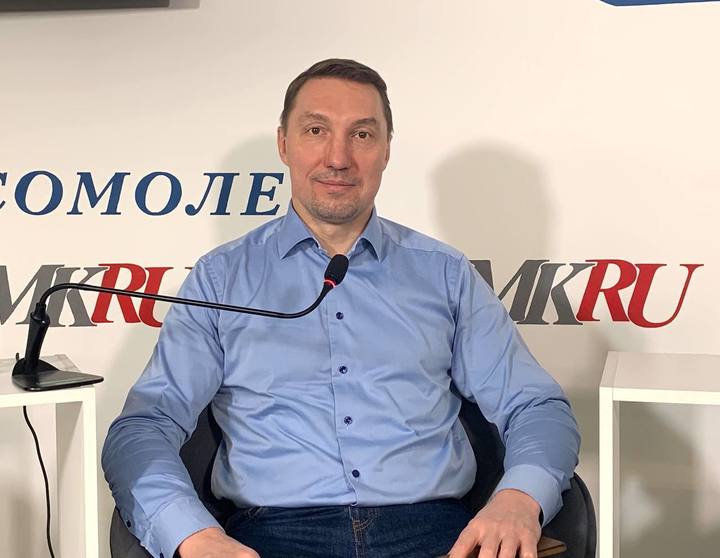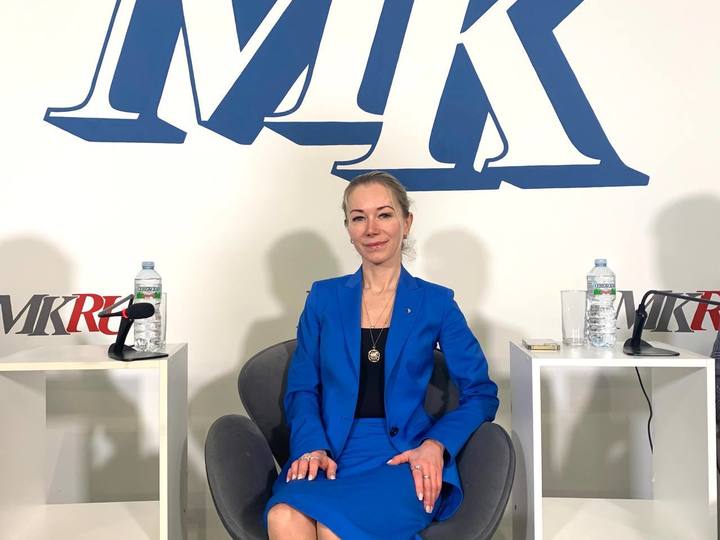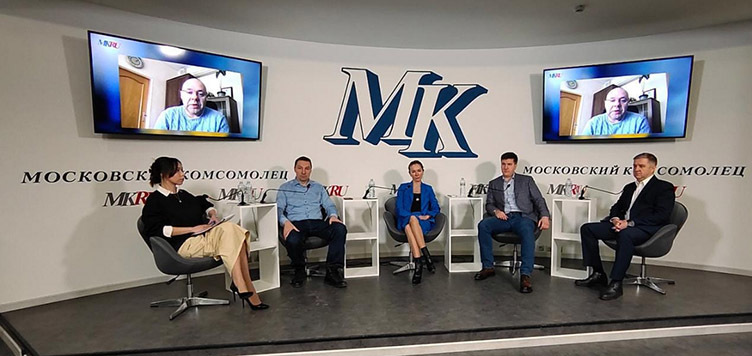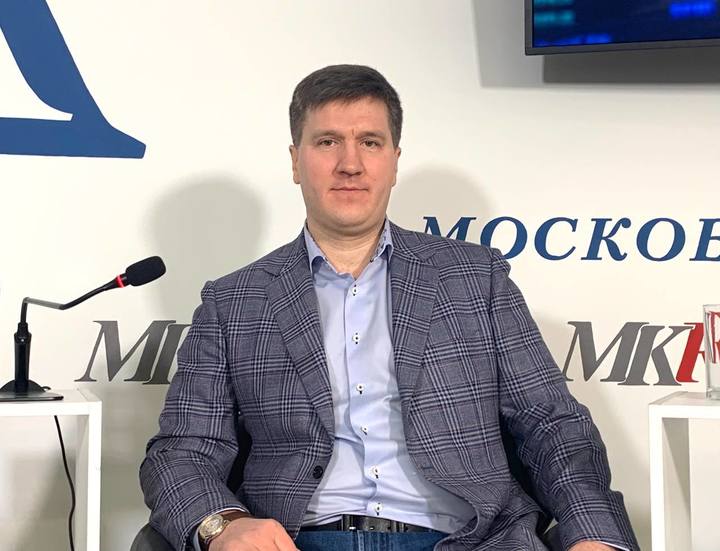Curbing Illegal Miners: Facilitating Tariff and Eliminating Cross-Subsidization
[ad_1]
In order to understand the reasons for the explosive growth of illegal mining farms in Russia and determine possible methods of combating them, it is necessary to draw up a portrait of a modern crypto-currency.
First of all, these are young people who are quite close to high technologies, they are interested in understanding modern fintech and, like any young people, they want to earn money, said Internet Ombudsman Dmitry Marinichev.

“They make money on resources in Russia, and actually receive income not from the grid itself, but from the whole world,” he continued. — Technical knowledge allows them to use modern computer technologies and earn money by producing cryptocurrency and selling it on different global platforms. As a result, they receive income that they can spend and spend in the Russian Federation, because they are and live here.”
Meanwhile, miners can be divided into legal and so-called gray miners, because of whose activities both ordinary citizens, especially the low-income, suffer, since their rights to access to electricity, as well as the budgets of the regions, are in fact violated. Cryptocurrency mining is not prohibited in Russia, but there is no legal framework regulating this type of activity yet, while the Central Bank advocates a complete ban on such activities in the country. A much more loyal position is taken by the government and the Ministry of Finance, in particular, trying to put this type of business within the legal framework.
Legislative regulation of mining should be carried out in a complex, the head of the Expert Center for Criminal Law Policy and the Enforcement of Judicial Acts of Business Russia Ekaterina Avdeeva is convinced. At the same time, according to her, it is not only and not so much about punitive and repressive measures on the part of the state, but also about stimulating the transition of such activities to the legal field.

“Mining has already entered our lives quite tightly, and a total ban risks leading to the growth of both the illegal farms themselves and the damage they cause. It is advisable to legally regulate this activity, make it taxable and define the rules by which miners must act. It will be beneficial for both society and the state,” Avdeeva said.
In the meantime, illegal cryptocurrencies continue their dubious activities. So, for example, two mining farms were recently discovered in a mental hospital (!) near Irkutsk. Why has the region turned into a mining klondike and why has it not yet been possible to solve the problem “in the bud”?
“Now Russia is in third place in terms of mining,” says Denis Terekhov, deputy of the Legislative Assembly of the Krasnoyarsk Territory. — Nevertheless, if we take the entire Russian mining market, then 90% of it will actually be concentrated in two regions — in the Irkutsk region and the Krasnoyarsk Territory. It is clear why. There are mighty rivers here, on which there are hydroelectric power stations, and hydropotential is the cheapest electrical energy.”
Meanwhile, despite cheap energy, ordinary consumers are forced to endure emergency shutdowns and power surges. And all because of illegal miners who place their equipment in the neighborhood, disguising entire crypto farms as ordinary households, as a result, the networks simply cannot withstand the unplanned load.
Not only the population and energy companies suffer from the actions of gray miners. According to Valery Dzyubenko, Deputy Director of the Community of Energy Consumers Association, “high tariffs have been and will be a reason for consumer outrage, because all illegal activities of cryptocurrencies are paid for by legal businesses and budgetary organizations, including clinics, kindergartens and other institutions.”
The expert emphasizes that in addition to technical problems in the form of excessive load on the power grid, emergency shutdowns and fires, gray mining causes serious damage due to the growth of cross-subsidization.
“Preferential tariffs, which are now established in the country for the population, are subsidized at the expense of other consumers. That is, legal business and budgetary organizations. As a result, there is an illusion of a cheap tariff. If you think long term, a cheap tariff for the population is good here and now, but then the business will shift the costs that it pays extra for preferential tariffs into the cost of its products. This is the problem, ”continues Dzyubenko.
One of the optimal solutions to the problem, the expert called the introduction of an incentive tariff for electricity at a progressive rate: the greater the volume of consumption, the higher the cost.
Determining who is mining and who is not mining is quite difficult. But differentiating the cost of electricity is easy. The maximum volume of electricity consumption of one household, according to experts, is 7.5 thousand kilowatt hours. The household is simply not capable of consuming more. As a rule, mining equipment consumes a multiple more and is quite easy to weed out. Thus, those who consume energy in commercial volumes will pay commercial tariffs.

The regions already have the opportunity to stimulate the legalization of cryptocurrencies through electricity tariffs. The Kemerovo region has chosen this path, and although the household consumption threshold indicated in the region turned out to be quite low, the tariff at a progressive rate is already in effect there. But the Irkutsk region, which was the initiator of the proposal at the federal level, has not yet made such a transition. The leadership of the region maintains cheap tariffs for everyone: both for the household needs of the population and for gray mining, which continues to flourish, constantly increasing the costs of regional enterprises for cross-subsidizing. The volume of cross-subsidization in the Irkutsk region last year amounted to 5.7 billion rubles, and this year it will increase to 7.7 billion rubles.
There is a big problem in understanding what to call domestic consumption, says Sergey Sasim, director of the HSE Center for Power Industry Research.

“Tariffs for the population are subsidized,” the expert continues. — By themselves, differentiated tariffs to some extent will allow to stop the growth of additional electricity consumption. But this measure alone is not enough. Cross-subsidization needs to be eliminated so that residential tariffs are perfectly justified. In this case, everything will become fair: this is my consumption, as I want, and I use it within the capacity that I agreed with the network company. In parallel with this, it is necessary to create comfortable conditions (and this, it seems to me, is the most important thing!) Just for legal mining. You cannot kill this activity. We must learn to work with her. And having learned, we will get a great effect for society and for the economy as a whole.”
[ad_2]
Source link






